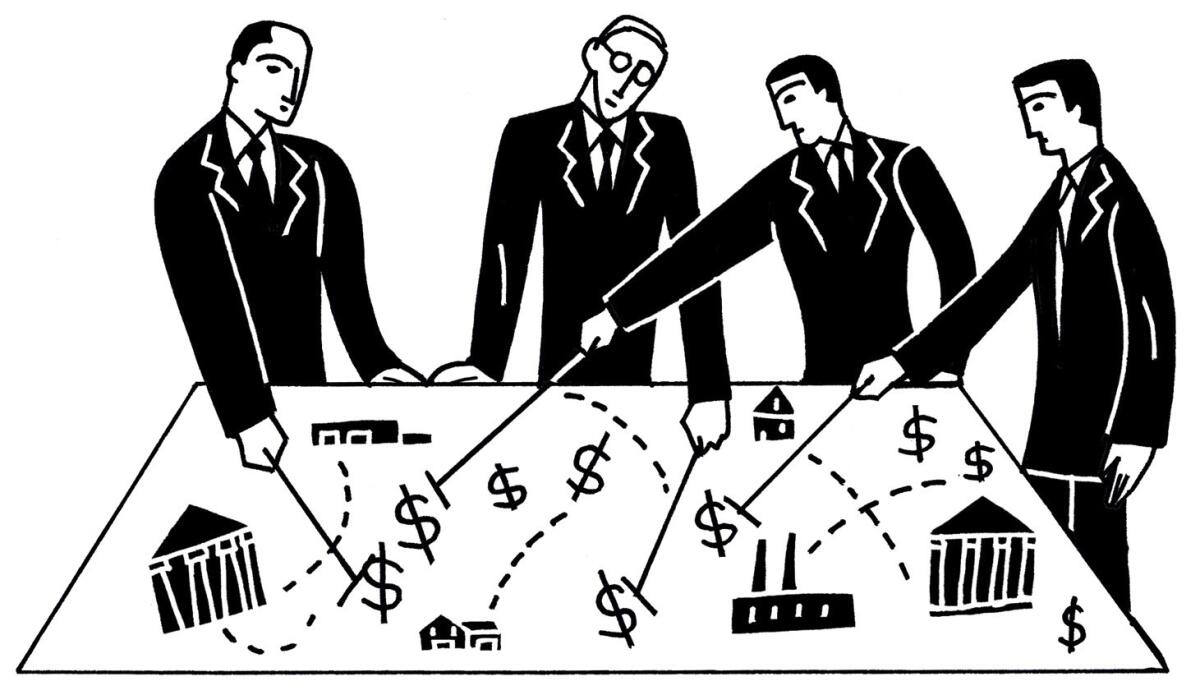Op-Ed: Do you think like an economist?

Letâs see if you think like an economist.
You have tickets for a basketball game in a city 45 minutes from your home. But the star is not going to play, nothing hangs on the outcome and itâs raining hard. Suppose you paid $100 for the tickets. Would you go to the game or stay home?
A municipal hospital in your area is obsolete. The city can build a replacement or it can remodel the old one, which was extremely expensive to construct. The quality and the cost would be about the same either way. Which course would you choose?
A hot new restaurant is getting phenomenal reviews. You wait three hours for a table. But when your beef stroganoff arrives, itâs flavorless, and you realize youâre not that hungry. Do you finish your plate?
If youâre like most people, you probably feel that $100 is just too much money to throw away, and you should therefore attend the game. Likewise, you vote to remodel the old hospital, because building a new one seems profligate. And you eat every bite of that bland entree, because you invested so much time in your meal.
An economist would do none of these things.
If you think like an economist, you tell yourself: âThe rest of my life begins now. What happened in the past is irrelevant.â
It doesnât matter that you paid a lot for the basketball ticket, because you wonât get your money back by attending the game. And it doesnât matter how much the city spent constructing the old hospital, or how long you waited for a table at the fancy restaurant â because these are all âsunk costs.â
If you sit through a lousy movie instead of walking out, youâve paid twice â once for the ticket and once for the viewing. You should consume a thing, or participate in an event, or work on a project only if those activities have current value.
Why is this basic principle, which is so easy to grasp, so difficult for most people to follow? There are two reasons.
The first is what psychologists call faulty framing. We mistakenly yoke the decision to continue an action to costs already incurred. But âwaste not, want notâ applies only to resources not yet expended. You canât waste vanished resources.
A second reason is the need to avoid painful cognitive dissonance. The knowledge that you paid a lot for a ticket is dissonant with the realization that it isnât actually worth all that much. And dissonance hurts, so you are strongly motivated to resolve the tension.
You could try to convince yourself that the loss of $100 is no big deal (âitâs only moneyâ) and that itâs therefore OK to stay home, but thatâs easier to do if youâre rich than if youâre not. Or you could manufacture some reason to attend the game: âSmithâs not playing, but that gives Jones a chance to strut his stuff. Plus I really donât have anything to do tonight, and it sounds like the rain is letting up. Good. Iâll go.â Money not wasted. Dissonance resolved.
Countless psychology experiments have shown that when we pay a high cost for something that turns out to be disappointing, we find added attractions that make the object or activity seem more worthwhile.
If youâve been served a crummy beef stroganoff after a long wait, you have to make a choice. You can leave it largely uneaten and suffer a painful âlossâ â or you can âdiscoverâ some nice things about the meal. âReally, this beef stroganoff isnât so bad. The flavor isnât the very best, but the meat is quite tender.â
But such mental jujitsu isnât inevitable. Thereâs a better way to live. Even if youâre not an economist, you can teach yourself to act more rationally.
First, learn to keep a mental balance sheet that distinguishes between past costs and future costs.
Second, recognize that activities carried out to justify sunk costs usually involve an opportunity cost as well. Because youâve decided to choke down the stroganoff, you wonât take a stroll and buy a good hot dog. Because youâve chosen to watch a so-so sporting event, you wonât have time to read a good book.
Third, try to figure out whether you really want to do something, or if youâre just trying to reduce the dissonance of having paid too much for too little.
Hereâs a helpful trick: Imagine you hadnât waited hours for the stroganoff. Would you still eat it? Imagine you hadnât already paid for the basketball ticket. Would you buy one? If your answer is âno,â then you should put your fork down, and stay home.
Richard Nisbett is a professor of psychology at the University of Michigan and the author of âMindware: Tools for Smart Thinking.â
Follow the Opinion section on Twitter @latimesopinion and Facebook
More to Read
A cure for the common opinion
Get thought-provoking perspectives with our weekly newsletter.
You may occasionally receive promotional content from the Los Angeles Times.










